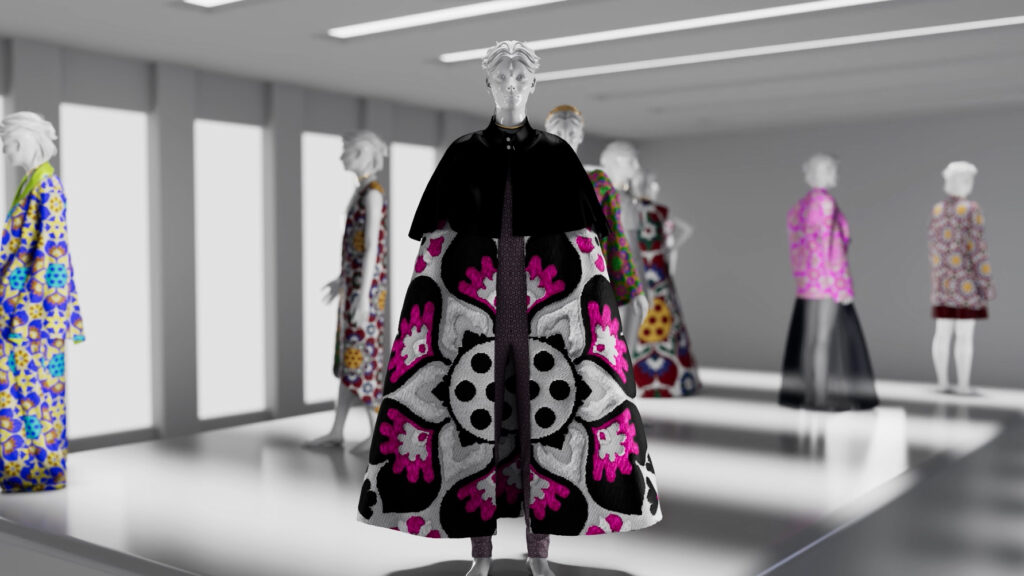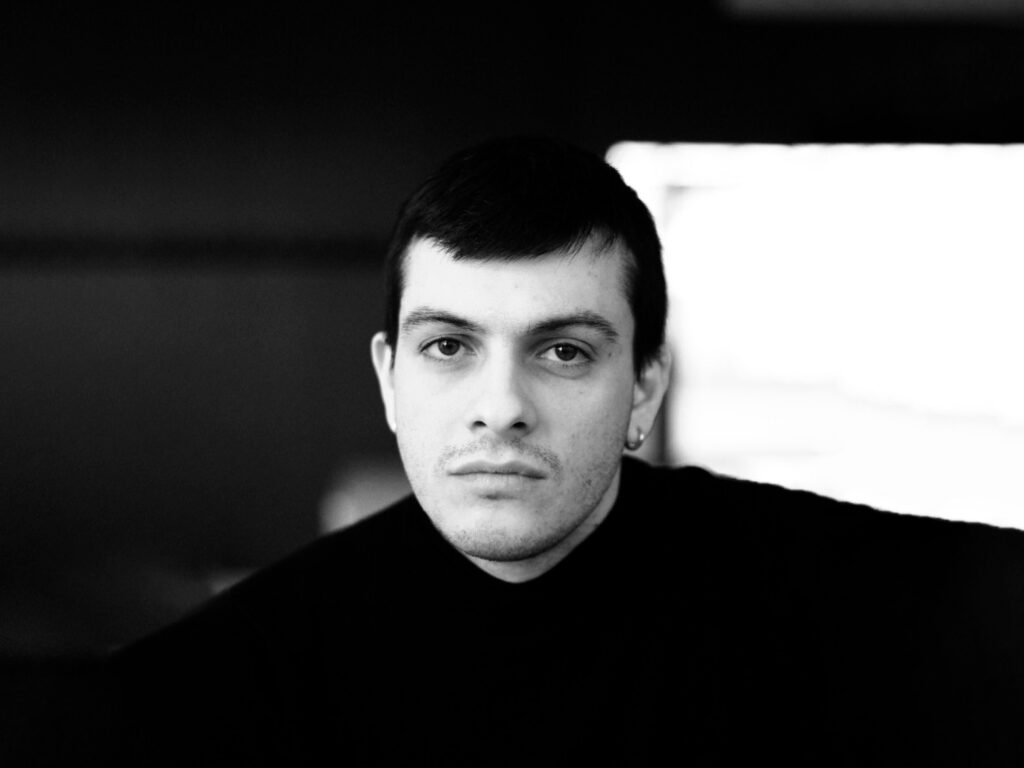key details
11 April 2024
Online on Zoom
3pm — 5pm (CET)
Reference
about
The online course, curated by Elisabetta Cianfanelli, Paolo Franzo, Leonardo Giliberti, and Margherita Tufarelli (University of Florence), investigates the digital transition taking place in the fashion system and the implications of the diffusion of artificial intelligence in creative and production processes.
Through the presentation of a series of research projects and case studies, the ‘phygital’ landscape that has been characterising the textile and clothing industry in recent years will be analysed. It will explore how, in this evolution, archives are being transformed into multi-sensory and multi-vocal datasets that can be drawn on through algorithms to create new content, thanks to a redefinition of professional skills and design methodologies.













